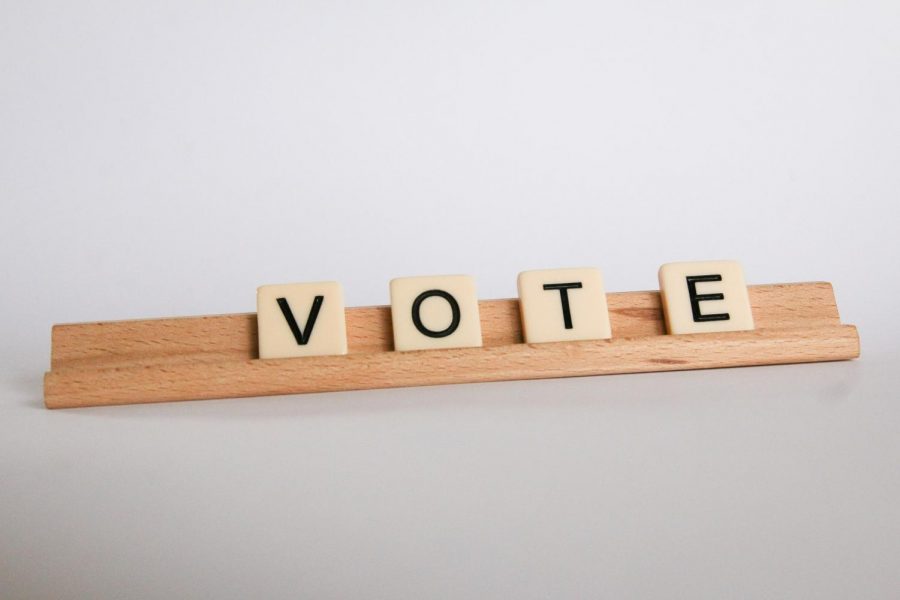Opinion: Are Senior Superlatives Really All That?
Vote.
November 15, 2021
At NPHS, voting recently concluded for a classic high school affair—senior superlatives. But what seems like a harmless, fun tradition may create deeper issues.
Over the past few weeks, twelfth graders nominated and voted each other for titles such as Best Dressed, Best Eyes, and Most Likely to Be Late to Graduation, with each senior only being allowed to nab one individual superlative.
The winners will be displayed in the Yearbook under their respective headings, securing glory and bragging rights.
Thus, a great amount of enthusiasm is seen every year at NPHS and other high schools around campaigning and voting for superlatives. This year, NPHS seniors rushed to post advertisements on their stories and eagerly discussed their Google Form nominations.
However, this excitement masks some underlying pitfalls of the tradition.
For one, students competing for coveted titles like “Most Likely to Succeed” will often see rifts created between them and the others on the ballot. If not voted in, they may feel an acute sense of failure—do my classmates think that I will NOT succeed?—that is unsubstantiated and deleterious.
Additionally, students will frequently and understandably vote for their friends instead of those who fit the title the most. Senior Isabella Gemma describes, “I personally know those who deserved to be on the ballot but weren’t due to the lack of nominations . . . . It is the people who are well known and liked who win and not those who truly deserve the superlative.” She essentially asserts that much of it is a popularity contest, which is not inherently bad but rather defeats the point of superlatives.
Moreover, the divisions created by this practice are more than superficial. Many of the titles are categorized into “Girl” and “Boy,” such as “Best Hair – Girl” and “Best Hair – Boy.” Although this is tradition, it does not take into account nonbinary and non-gender conforming individuals. This is quite an isolating practice.
Despite the problems with senior superlatives, they definitely bring positivity and fun into the school culture. Senior Class President Carl Picerno supports the tradition’s central idea, stating that they are “a great opportunity for the seniors to exemplify unity amongst their peers . . . . and shows how we as seniors have grown to know each other.” In other words, it brings the class closer together and provides an enjoyable memory and keepsake.
Senior superlatives are likely not going away anytime soon, and most appreciate the experience. However, its effects and realities should be taken into account.
Until then, NPHS students can look forward to superlative announcements at the Winter Ball!
